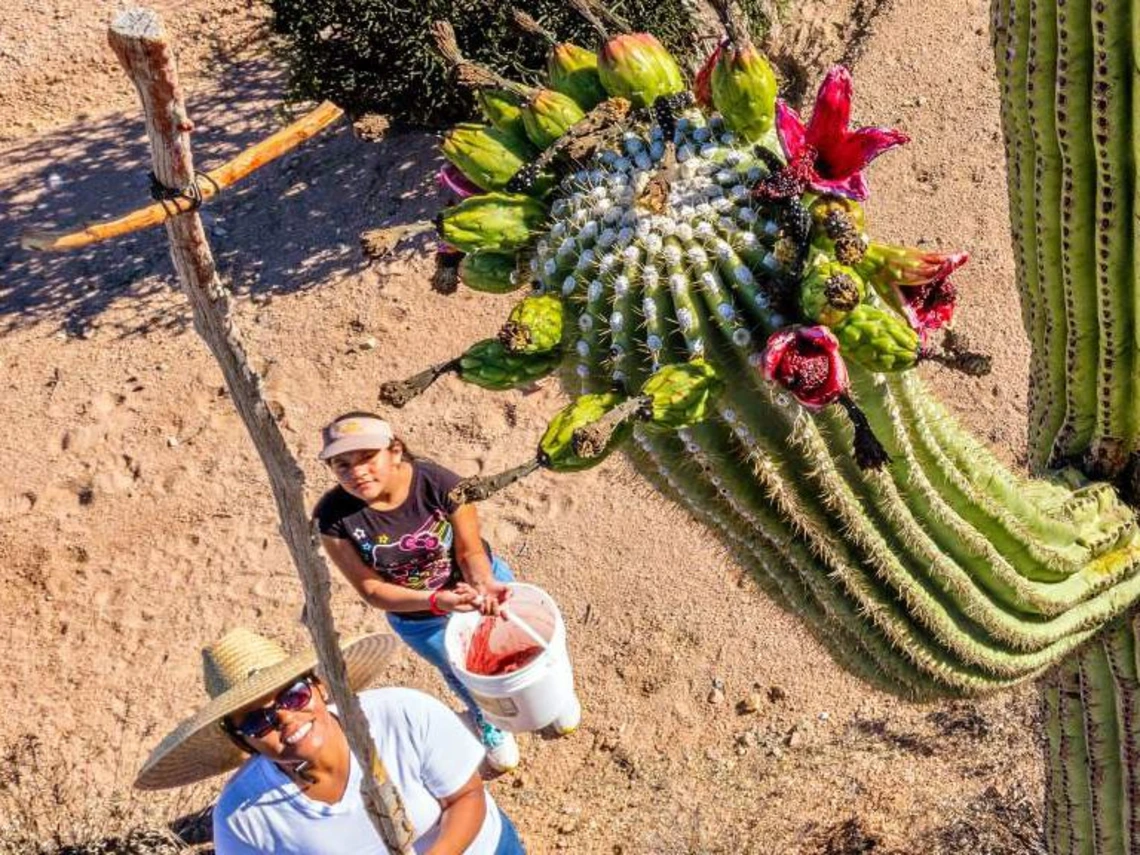Roots of Resilience: Honoring Indigenous Wisdom in Ecological Stewardship

As we observe Native American Heritage Month this November, we can reflect on the environmental wisdom that is Traditional Ecological Knowledge (TEK). For generations, Indigenous peoples have engaged in meticulous study of their lands and the life their environments support, yielding a detailed understanding of ecological dynamics.
Through these long-term connections, Native American communities have cultivated deep expertise in local ecosystems, sustainable resource management, and cultural identity preservation. For example, as former Indigenous Correspondents Program participant Nadira Mitchell wrote for Planet Forward:
The coyote is the trickster because he embodies chaos to teach us what is wrong in our society. Coyote plays an integral role in our Diné creation story when the Coyote’s foolishness helps form the world as we know it. Our world is not perfect, and Coyote is a symbol that teaches us this. Without the trickster, there would be no sense of balance or Hózhó in Navajo. Hózhó is an integral part of Navajo culture, to me it is to live in harmony with yourself and the natural world. You cannot have Hózhó if you do not understand what the opposite of Hózhó is. That is why the coyote is important because he embodies characteristics we should not follow.
There is a great need to build relationships between scientists and Indigenous communities in which Native voices are key collaborators in ecological research and resource management. Want to learn more about how students, faculty, staff and researchers at UArizona are engaged in this work? The Native Nations Institute created an Indigenous Governance Database that includes TEK resources, while undergraduate GIST student Shannon Taylor hopes to integrate TEK into her future career.
